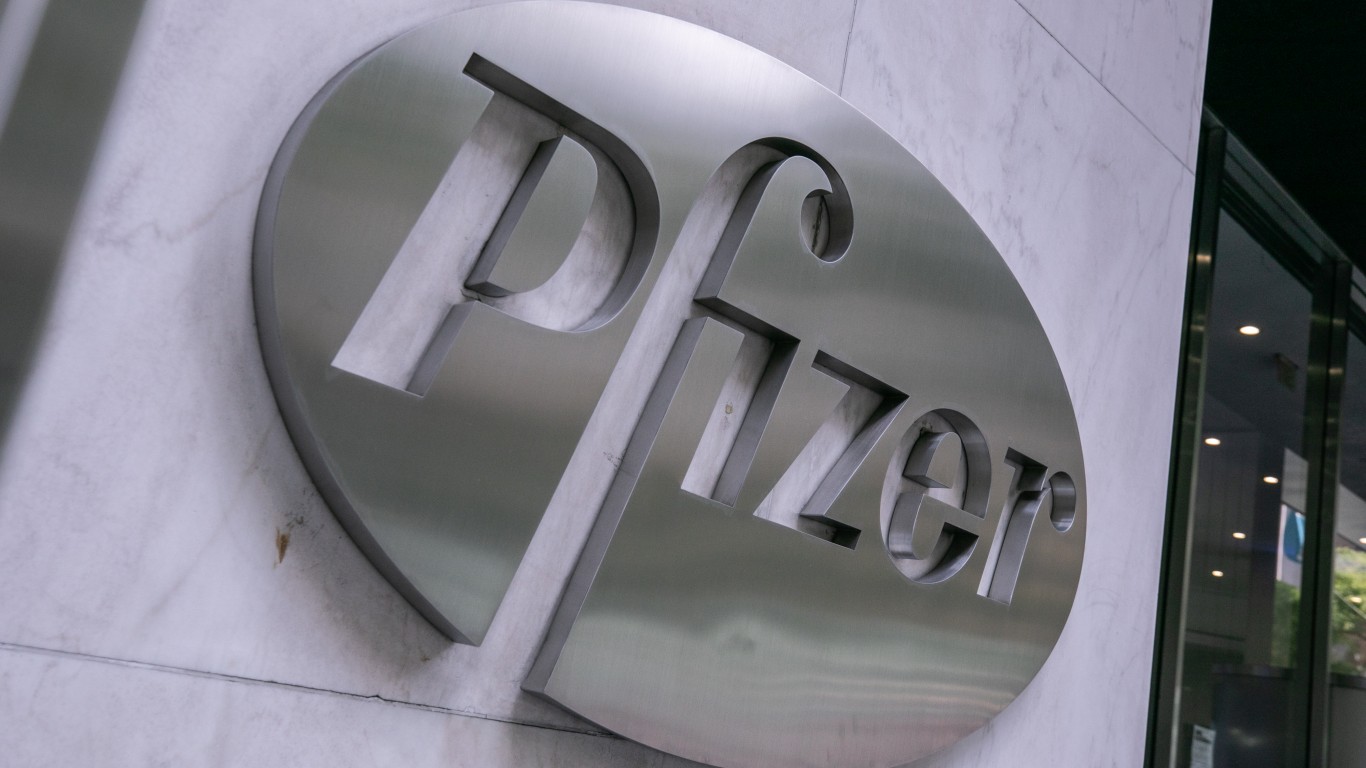 Regulators in the US and Europe are still sifting through a variety of programs that would create a tariff on large banks to create a pool of money that could be used if one of the firms fails. The idea was not under consideration until last year. The collapse of Washington Mutual, Lehman Bros. and several other large institutions has caused regulators to plan for a risky future. The irony of these actions is that the future of isn’t any riskier now than it was two years ago; the perception of risk is the only thing that has changed.
Regulators in the US and Europe are still sifting through a variety of programs that would create a tariff on large banks to create a pool of money that could be used if one of the firms fails. The idea was not under consideration until last year. The collapse of Washington Mutual, Lehman Bros. and several other large institutions has caused regulators to plan for a risky future. The irony of these actions is that the future of isn’t any riskier now than it was two years ago; the perception of risk is the only thing that has changed.
One of the latest proposals to build a large reservoir of capital to back-stop the failure of a major financial institution is the new FDIC proposal, which its board appears to favor. It raises the amount of money a bank pays to the insurance fund based on risk. This implies that the FDIC has a reasonable way to assess which financial companies engage in risky practices. Banks that only take deposits are safer, or so it would seem, than banks which trade large sums of money for their own accounts.
The new risk fee would apply to financial companies with assets over $10 billion. The Wall Street Journal reports that there would be another, smaller class of banks that would get extra scrutiny and would probably be charged an extraordinary tax based on the effect their failures would have.
‘Additionally, the proposal would allow the FDIC to take a special look at “highly complex” financial institutions: those with more than $50 billion in assets and holding company assets of more than $500 billion.’
The select few banks that fall within this description include Goldman Sachs Group, Inc. (NYSE: GS), JPMorgan Chase & Co. (NYSE: JPM), Morgan Stanley (NYSE:MS), Citigroup, Inc. (NYSE: C), and Bank of America Corporation (NYSE:BAC).
Another proposal to build a financial safety net to cover government expenditures in the case of a bank failure that would be large enough to create systemic market risk has become popular in Europe. The Europeans and the IMF are trying to export the plan to the US Congress. The biggest financial firms would pay special surcharges which would put money into a fund similar to the one proposed by the FDIC. The goal of both proposals is the same: the money collected is meant to pay for a big bank’s funeral and keep the taxpayer from ending up in the morgue as well.
The last major proposal to help allay the risks of the implosion of troubled big banks is to implement what regulators call “living wills.” Under this strategy, large financial firms would propose plans for government action if they were to fail and require dismantling. The proposal assumes the managements of these banks know the way to break themselves up better than regulators or the best consultants from McKinsey & Co do. According to the FT, the IMF has written a document to test the theory behind special death funds and living wills.
‘The fund argues that without strong tools to prevent banks from taking outsized risks, the proposed creation of “systemic regulators” in the US and Europe would do little to protect the world from another devastating banking crisis.’
The problem with any attempt to create a tax system based on the risk profile or size of a large bank is that the program could never decide what kind of catastrophe will create the next financial crisis. The S&L crisis and Latin American debt crisis, both of which happened not long ago, looked very little like the credit crisis of late 2008. One crisis does not necessarily prepare the regulatory or financial system for the next. Altering the perception of risk does nothing to prevent another crisis. Solid regulation can contain what it can see and audit. This does not argue against new laws that cover charging large banks for their size or behavior. It does argue that in the future the fund that is created may be used for unintended problems in the credit system and not those for which is was meant.
The idea of the “Volcker rule” seems to be fading. It is nearly impossible to use his plan to separate banks into two parts–one a simple commercial enterprise that holds deposits and makes straight-forward loans and one that houses proprietary trading and hedging businesses. A firm like Bank of America could be split into several pieces. One would essentially become a hedge fund, another would be little more than a community bank, and a third piece would be an international corporate banks to serve business clients. Most members of Congress do not favor surgery that radical or hard to perform.
A bank risk tax, in one form or another, is the most likely of the proposals to be voted into law. In the process, the Administration and White House will have to decide which regulators will handle which parts of the new regulations. The Fed might take on some of that duty and so might the FDIC. Some members of Congress – including, at one point Senator Chris Dodd, wanted to create a completely new agency to oversee parts of the bank and institutional investing industries.
There may not be another global financial catastrophe for decades, and when one does come, it may not be like the S&L crisis. The current situation in Greece shows that the problems of Latin American debt that nearly scuttled Citi three decades ago could be repeated. It is impossible to forecast the probable form of the next systemic breakdown. This dilemma leaves Congress and regulators with one more question: can the money collected to bail out banks that have taken risk on their trading desks be used if those banks buy Japanese sovereign debt that defaults?
Douglas A. McIntyre
It’s Your Money, Your Future—Own It (sponsor)
Are you ahead, or behind on retirement? For families with more than $500,000 saved for retirement, finding a financial advisor who puts your interest first can be the difference, and today it’s easier than ever. SmartAsset’s free tool matches you with up to three fiduciary financial advisors who serve your area in minutes. Each advisor has been carefully vetted and must act in your best interests. Start your search now.
If you’ve saved and built a substantial nest egg for you and your family, don’t delay; get started right here and help your retirement dreams become a retirement reality.
Thank you for reading! Have some feedback for us?
Contact the 24/7 Wall St. editorial team.





